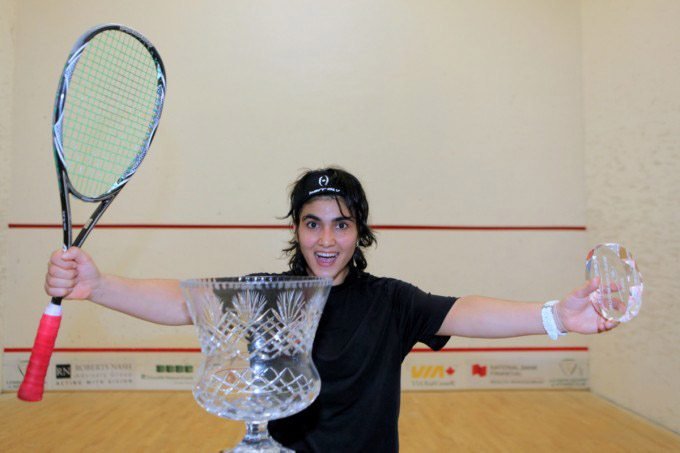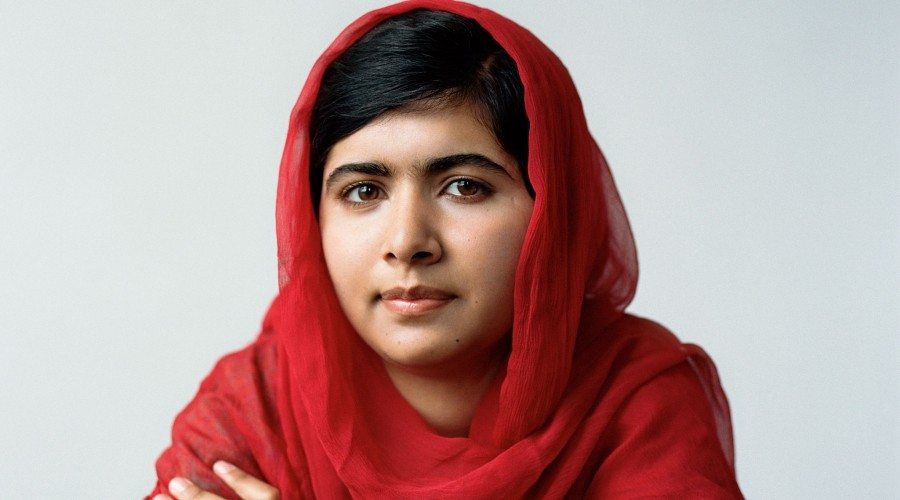An ad featuring actress Deepika Padukone and Indian sportswomen such as squash player Joshna Chinappa, hockey player Rani Rampal, cricketers Harmanpreet Kaur, Smriti Mandana and Shubhlakshi Sharma, and footballer Jyoti Ann Burrett began doing the rounds on social media last week. What was unusual about the ad was that it did not show these women cooking, doing the laundry or scrubbing their houses after their families like most women-centric advertisements. These girls are gritty, aggressive and roughing it out in the field doing something that is not largely associated with women in the subcontinent – playing and loving a sport.
“Two years ago I struggled with depression. I was sinking. I almost gave up. But it was the athlete in me that gave me the strength to fight and never ever give up. And so I want to say to every girl and every boy and every woman and every man – play a sport, because it changed my life and it will change yours too. Sport has taught me how to survive. It has taught me how to fight. It has made me unstoppable,” Padukone wrote on Facebook.
The advertisement was viewed more than two million times in just 12 hours and its message was hailed as inspiring and breaking new grounds for women. Unfortunately, women playing and loving a sport in countries like Pakistan and India is still a battle laced with undertones of gender and agency. When a girl picks up a racquet, a ball or a cricket bat, her only opponent is not just the one she faces on the field. She is also handed the responsibility of being the one who deviated from what society thinks are ‘acceptable’ passions for women. The examples are rampant and easy to find.
Maria Toorpakai, a professional squash player from Waziristan, had to pretend to be a boy until the age of 16 to be able to play a sport she loved. The Pakistani women cricket team can face the same opponent and win but still not be covered by the media, get sponsored by advertisers or funded by the government in the same way as the men in green. The buck does not stop at women in sports.
On Friday, Qandeel Baloch, a social media personality who rose to prominence due to her provocative pictures, statements and videos was strangled by her brother in an honor-killing. While many condemned her death, others saw it as a befitting end for a woman who made controversial choices and pushed the social norm. Malala Yousafzai, a teenage activist, who survived a shooting by the Taliban and went on to become a global advocate for women’s education was labeled a sellout and Western puppet. The examples are varied but the factors that feed and reinforce this discrimination are the same.
The problem begins when we condition girls from a young age about what we think they should want. What clothes they should wear, who they should talk to, how they should conduct themselves in public, who they should marry, what they should do for a living and the list goes on. Hence, when an advertisement advocates the fact that it is ok for women to chase a different kind of dream and to make no apologies for it, it deserves to be lauded.
Last week, Sania Mirza, world no. 1 in women’s doubles tennis, was asked by TV anchor Rajdeep Sardesai when she planned to “settle down.” Mirza responded saying it was unfortunate that the questions directed at women about “settling down” always involved marriage or motherhood.
“Unfortunately, that’s when we’re settled, and no matter how many Wimbledons we win or number ones in the world we become, we don’t become settled,” she said.
And Mirza had a point. Perhaps, it’s time to stop asking women when they will settle but to settle our expectations of them, once and for all.







